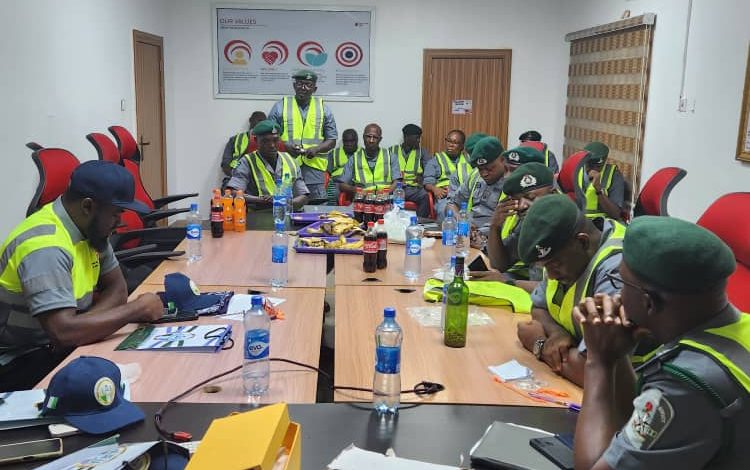Customs inaugurates live operations of Automated Excise Register System

The Nigeria Customs Service (NCS) has completed the pilot phase of its Automated Excise Register System (ERS), now officially operational at three pivotal excise facilities across the nation:
British American Tobacco Nigeria (BATN) PLC in Oyo State, International Tobacco Company (ITC) Limited in Kwara State, and Leaf Tobacco & Commodities Nigeria Ltd in Kaduna State.
These factories were strategically selected as pilot sites due to their significance within Nigeria’s excise sector and their ability to lay a robust groundwork for the nationwide deployment.
The formal initiation of the ERS follows a series of exhaustive field activities conducted by the Service, encompassing rigorous User Acceptance Testing (UAT), system validation processes, and comprehensive hands-on training engagements with both Customs officers and excise factory personnel.
The pilot phase, executed between July and August 2025, served as a proving ground for the innovative digital platform.
A statement by the National Public Relations Officer, Assistant Comptroller of Customs Abdullahi Maiwada, revealed notable accomplishments from the pilot phase, including a 75% efficiency score during UAT at BATN, successful integration of production and reporting systems across the factories, and fortified collaboration between the NCS and factory management teams.
With the advent of live operations, all excise-related transactions at the three factories will now be exclusively managed through the ERS. This encompasses recording production figures, computing excise duties, and generating statutory reports.
The adoption of the platform is anticipated to substantially diminish reliance on manual documentation, eradicate inconsistencies in data reporting, and enhance transparency across the excise value chain. Ultimately, this transition represents a vital stride towards establishing a more accountable and technology-driven excise administration framework.
Consequently, the insights and lessons gleaned from the pilot phase will furnish a solid blueprint for the system’s nationwide rollout. It is also noteworthy that the ERS stands as a central pillar of the Nigeria Customs Service’s broader Trade Modernisation Project. In its subsequent phases, the ERS will be extended to encompass other excise-regulated industries, including beverages, spirits, and additional segments of the manufacturing sector.
The NCS urges industry operators and stakeholders to embrace this commendable reform and provide constructive feedback as the system is expanded nationwide. The Service also seeks stakeholders’ support in constructing a more robust and transparent excise regime that fosters compliance, enhances operational efficiency, and ensures sustainable revenue growth for the Federal Government.









